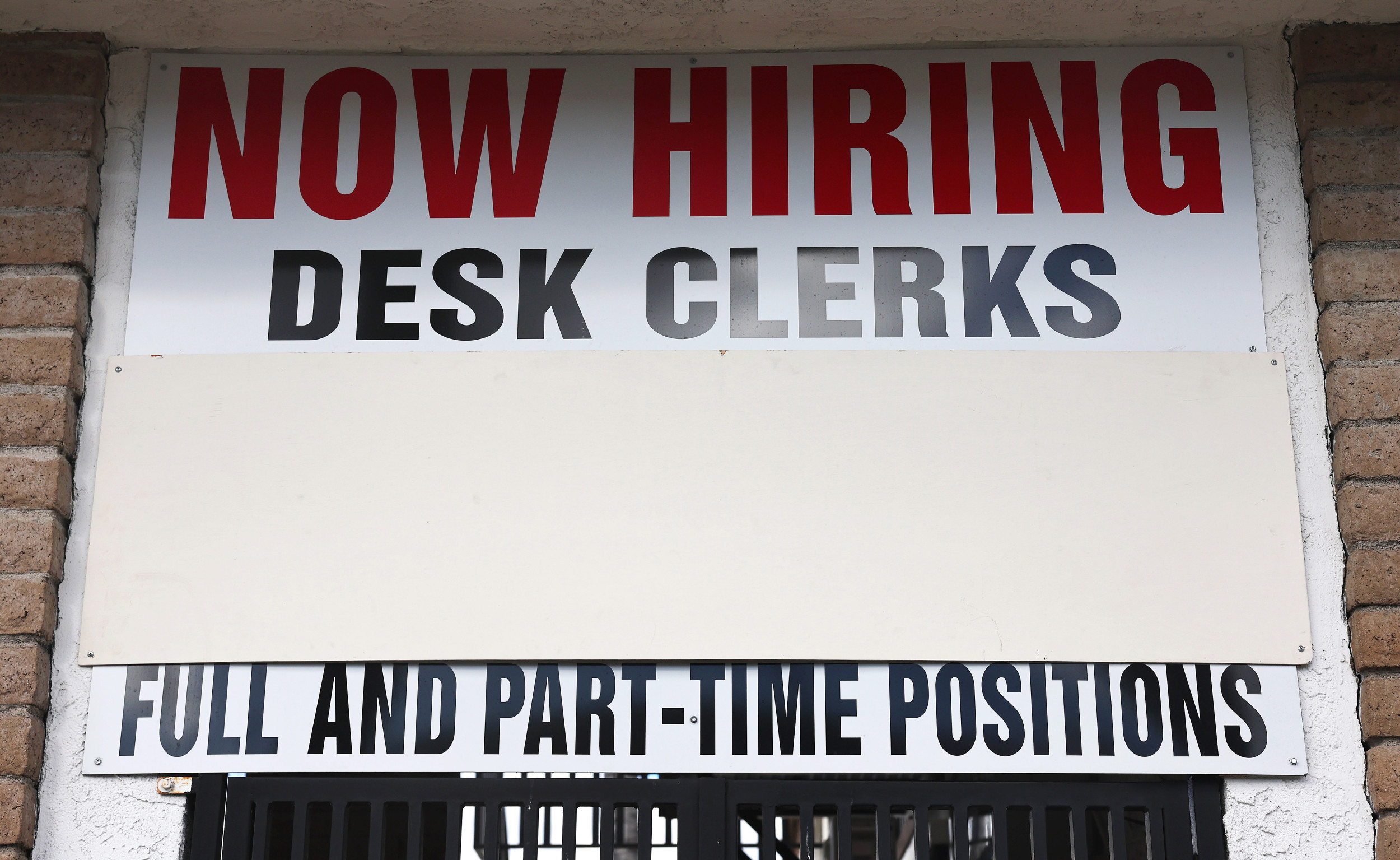Uncommon Knowledge
Newsweek is committed to challenging conventional wisdom and finding connections in the search for common ground.

More Americans are quitting their jobs, despite an uncertain labor market as figures for March show an increase in the number of people leaving their place of employment.
From February to March, the quit rate went from 1.8 to 1.9 percent. Altogether, the number of people who quit grew from 28,140 to 29,720.
While the majority of the resignations were concentrated in fields that traditionally have high quit rates like leisure and hospitality, the uptick has some economists warning of a mass resignation that rivals the “Great Resignation” that followed the coronavirus pandemic.
Many more people might be planning to ditch their companies as the year progresses. This flips what experts previously said about 2024 being the year of the “Great Stay” on its head.
A new LinkedIn and Microsoft report found 46 percent of workers are considering quitting this year, which is 6 percentage points higher than the 40 percent who said the same during the 2021 Great Resignation.
Many of the workers are likely quitting for what they perceive as better opportunities at other companies, since LinkedIn still saw a 14 percent boost in job applications since last fall. A whopping 85 percent of employees also said they plan to look for a new job in 2024.
HR consultant Bryan Driscoll said the number of Americans quitting jobs reflects a larger confidence among workers. Despite the economy and less-than-ideal job market, workers are looking for higher pay and more fulfilling jobs.
“The pandemic has shifted priorities, with many valuing balance and remote work options above traditional employment benefits,” Driscoll told Newsweek. “The old cliché still rings true today. People don’t quit companies, they quit bad managers.”
Due to these new worker demands, Driscoll said companies in tech, health care and retail work should prepare themselves, as people tend to leave these jobs due to overwork.
When it comes to what they’re looking for in a new role, a higher income is pivotal.
Roughly half, or 45 percent, of employees looking to change jobs said they would need a higher income in a Monster 2024 Work Watch report.
Burnout is also a significant factor, as Microsoft’s Work Trend Index found 46 percent of global workers feel burned out. A Paychex survey also found 80 percent of employees who quit during the Great Resignation ended up regretting the decision.
Still, some aren’t necessarily quitting in search of greener pastures. They might just be unable to afford staying in a job.
“People have to make a decision if it makes sense to send their kids to day care, or stay at home while one of the parents works,” Kevin Thompson, a finance expert and the founder/CEO of 9i Capital Group, told Newsweek.
“The cost of day care has become another mortgage to a degree, and most people can ill-afford the payment. The decision then, does your salary offset the cost of day care, and by how much?”
Those who do end up quitting might need to be prepared for a different job market than they remember.
Last month, 8.5 million jobs were listed as open in the United States. A decrease from the 8.8 million in February and the fewest jobs available since February 2021.
Still, Driscoll said the job market today is increasingly candidate-driven, with more choices and leverage for the typical job seeker. But workers shouldn’t expect zero hassles if they’re looking for the job of their dreams.
“It’s not uniform across all industries,” Driscoll said. “Some may find a competitive environment, especially in fields saturated with talent or where the pandemic has led to downsizing.”
And those who do find themselves out of a job for too long have a right to get worried.
Thompson said the current market is not sending jobs overseas anymore, but it is sending them to computers, where artificial intelligence is quickly taking over many of the simpler, entry level roles.
“The longer you stay out of the workforce, the more obsolete you may become,” Thompson said.
Newsweek is committed to challenging conventional wisdom and finding connections in the search for common ground.
Newsweek is committed to challenging conventional wisdom and finding connections in the search for common ground.